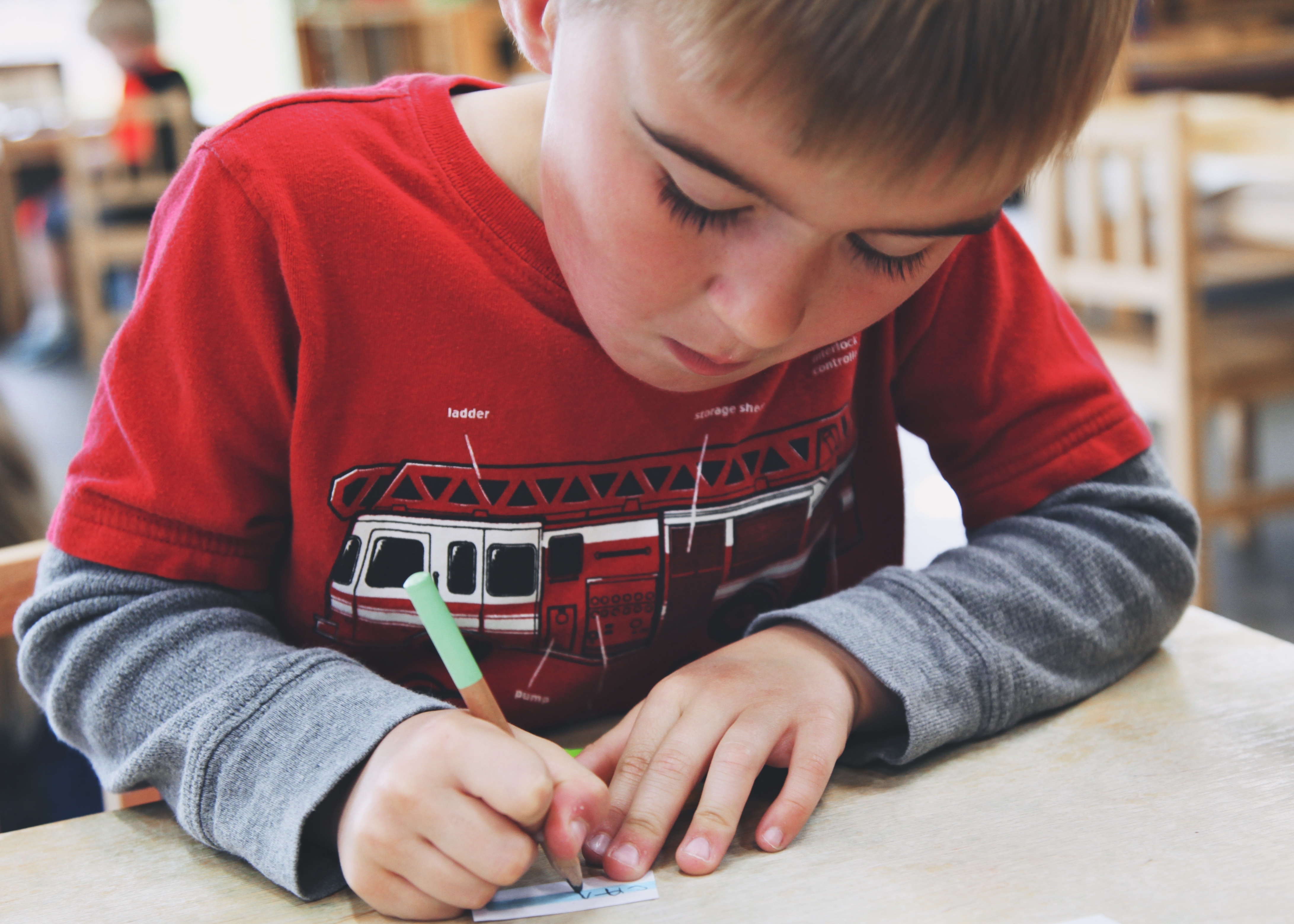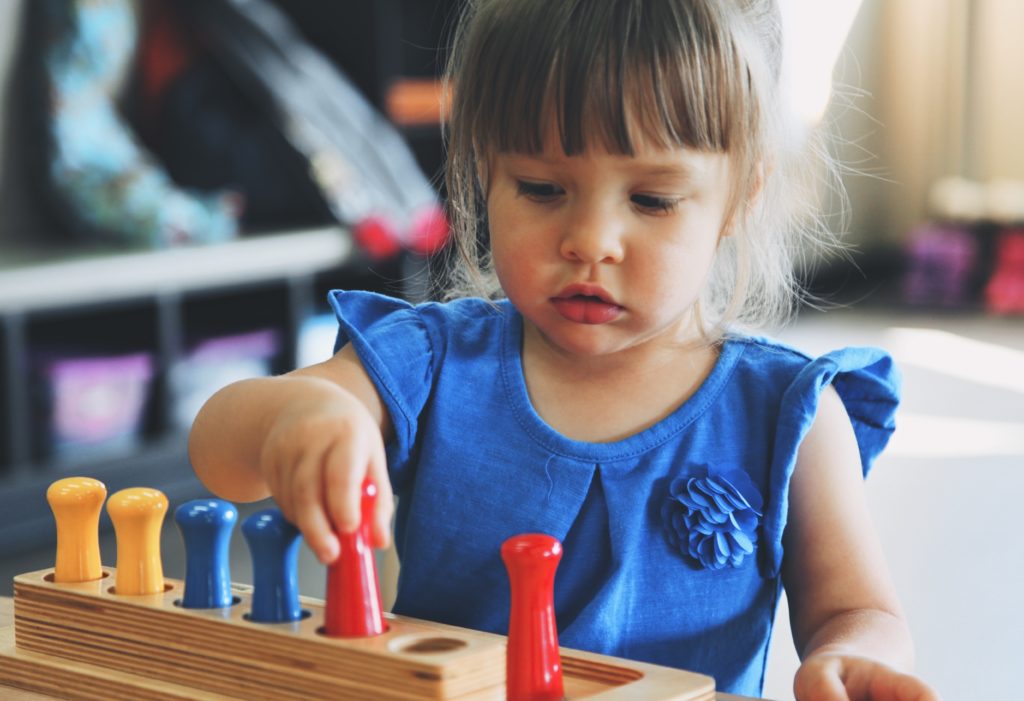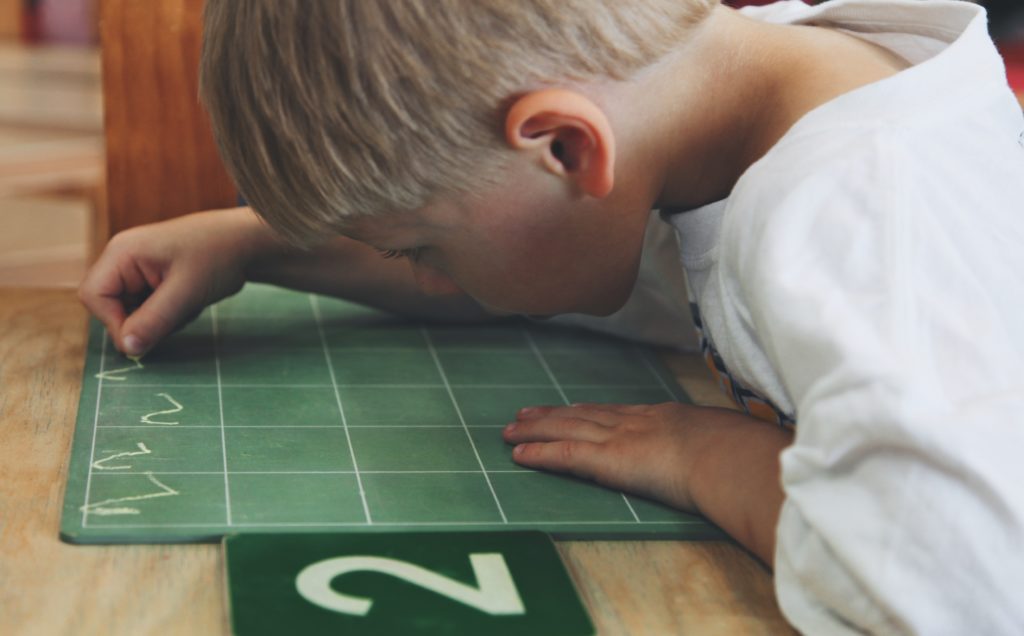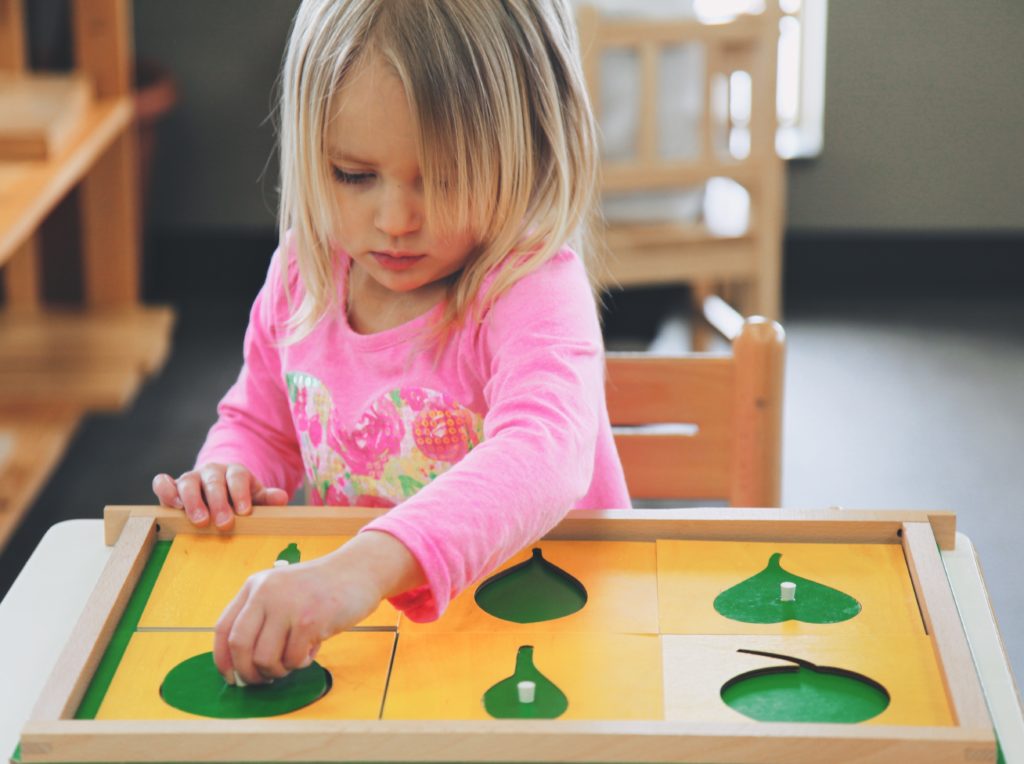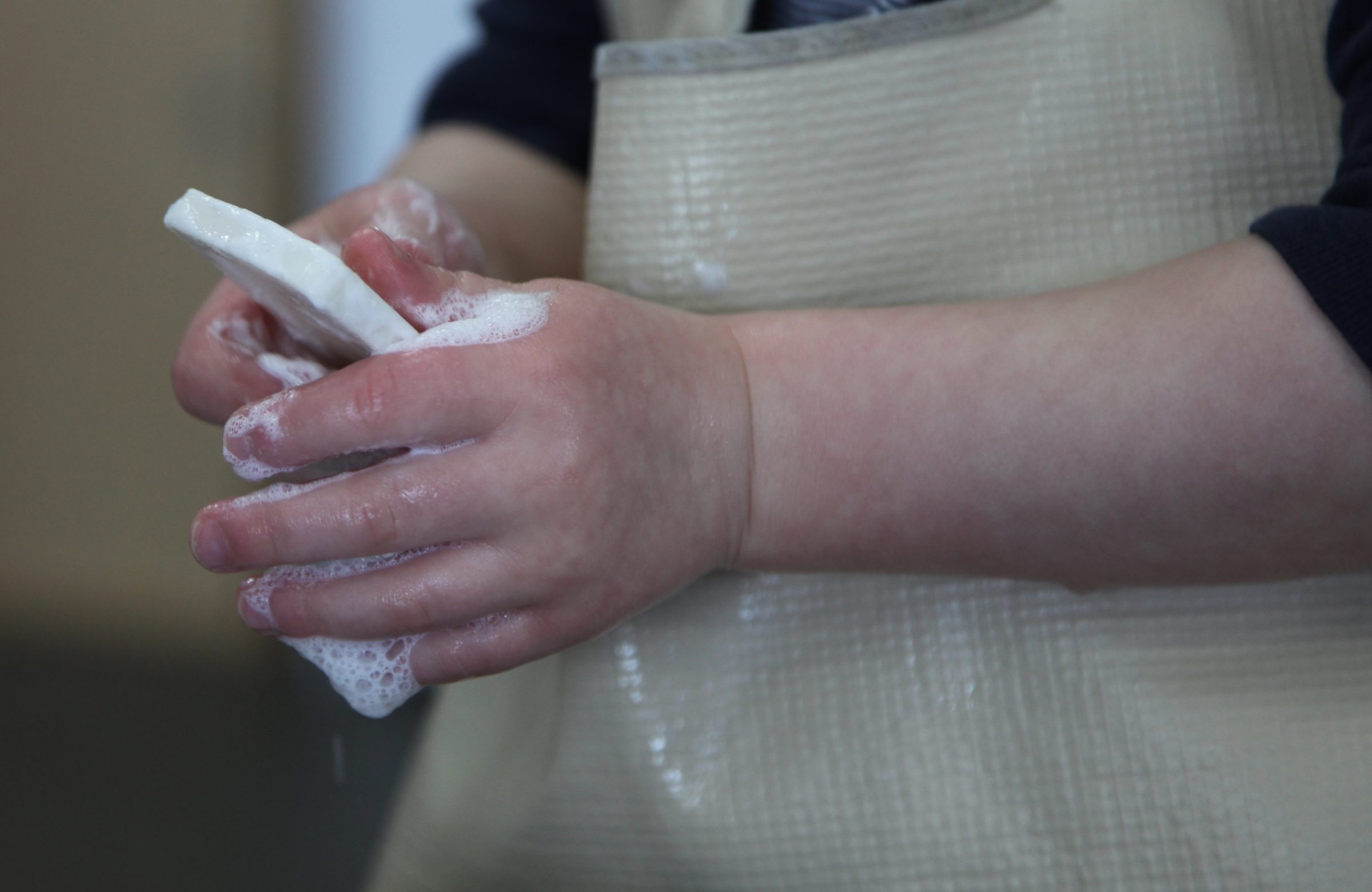Growing Into Discipline
Thoughts & Reflections
It’s just one of those Montessori words. It’s a word we hear in other contexts, sometimes in relation to children, and so often, there’s just a bit of a negative undercurrent. I need to be more disciplined and eat less sugar. You’re so disciplined with your exercise regimen. That child needs more discipline.
This is our baggage. Discipline is something we NEED. It’s not something that opens doors. Discipline is saying “no.” Discipline is telling our children, ourselves, our wants, “no.”
But what if we re-frame? What if we change the conversation?
Discipline is something we live into. Discipline comes from the Latin, “to learn,” and aren’t we all learning, every day, to be better? What worked and what didn’t? How we can treat one another with respect and kindness, how to be our best selves, successive feats paving the way for greater achievements? And, in this way, doesn’t discipline open doors?
“Discipline is something we live into.”
A fundamental rule of the classroom, is that you can take out any available material, work with it at a table or at a rug as long as you’d like, and return it to the shelf ready for the next person to use.
This seems so simple. And yet, once we look more deeply, how many layers are there to this ritual we see carried out perpetually during the work cycle. Let’s see.
“Available material” in this context, is
1) It’s been shown to you.
2) It’s on the shelf.
Think of all the “no” there; think of all the discipline!! I see this, I want to do it, but I don’t know this yet. Nope.
(A bit of a secret? This is why we introduce Dusting in the very earliest days. For those moments when you simply must interact with these beautiful, compelling materials, you can Dust anything. Who am I to tell you “no” when your development is telling you yes? They were designed to call out to you; they’re simply doing their job.)
I see this, I want to do it, but someone else is doing it. Nope.
I see this, I want to do it, but there’s no more paper left. Nope.
No one is telling this child, yes, it’s your turn, no you may not. Their self-discipline is engaged from the first, and they are immensely satisfied exercising this muscle. They are contented, as they are in charge of their own activity and choice.
Next, we work at a table or at a rug. Sometimes, this is a free choice. Where would you LIKE to work today? Which would you prefer? With some materials, however, there isn’t a choice. IF you’d like to work with a Cylinder Block, AND it’s available, AND you’ve been shown that material, then you need to work at a table. So we encounter another facet — if there aren’t any tables available at this moment, the material isn’t available. Discipline.
You can work as long as you’d like. Sometimes this means buttoning the Dressing Frame once. Other times it means hours of concentrated work. But that’s up to you. If you’re using the material with care, as it is intended to be used, carry on.
You return it to the shelf ready for the next person to use. You don’t walk away from the material when you’re finished. You don’t toss it on the shelf with water everywhere. You don’t
To the best of your ability, you leave it as beautiful as you found it. Sometimes this means asking for help. Sometimes it means tidying up after a classmate because she’s little and doesn’t know how to quite do it perfectly yet. Sometimes it means you’re spending longer cleaning up, meticulously seeking out each droplet of water, than you did scrubbing. But you know, there’s a right way to do it, and you’ll try, and each time, it will get just a bit better.
This rule helps children live freely.
There is no permission required. There is no checking with adults. There is no “you’ve used that enough now it’s his turn.” It’s simply following that voice inside, living with respect for yourself and for your classmates, understanding the ways of classroom life, and knowing that an answer of “no” isn’t punitive, or mean, or biased, it’s a simple fact, and it’s just as good an answer as yes. It gives us data. And, to a child, all information is received as, thank you, I needed to know that.
As an adult, I’m not deciding whose turn it is to paint. I’m not telling children “no” all day (because who really enjoys that?!). I’m not determining when your development is satisfied. I’m setting up the game, the rules are consistent and true for everyone, and that means you are free to play.
And to work. And to learn. And to grow.
Written by:
Charlotte Snyder
